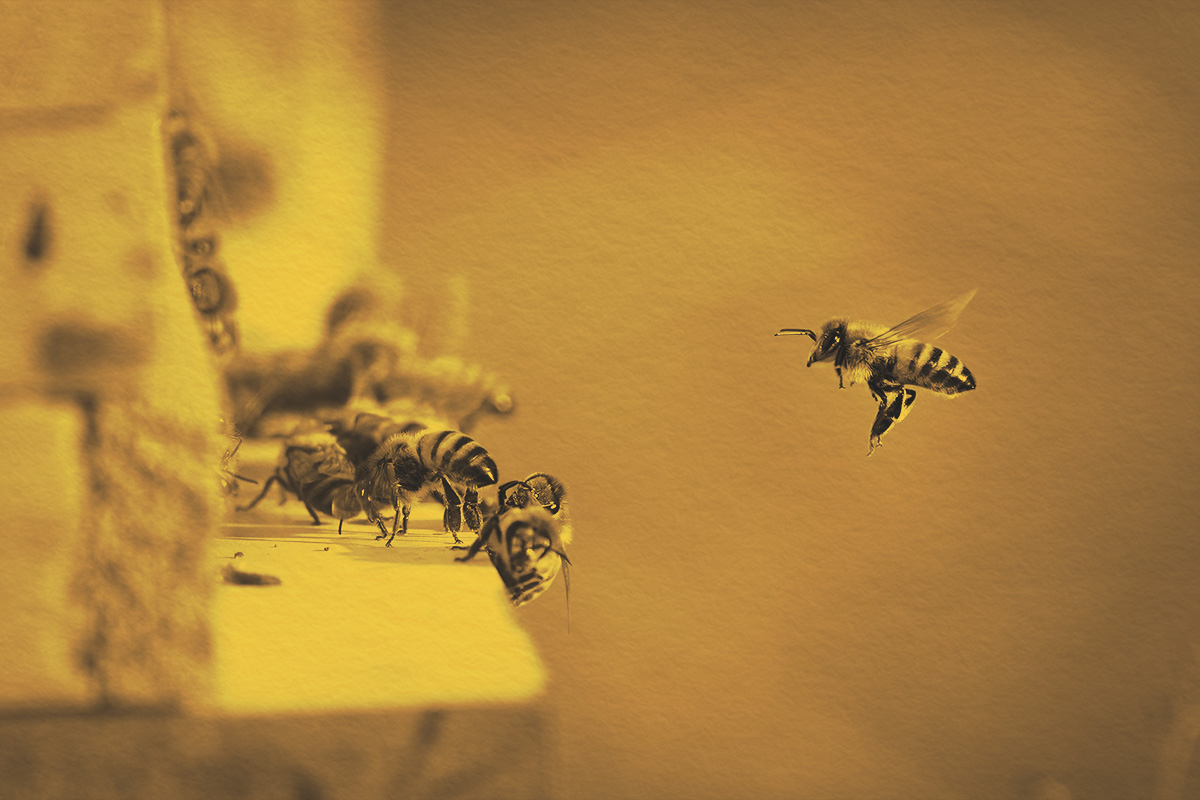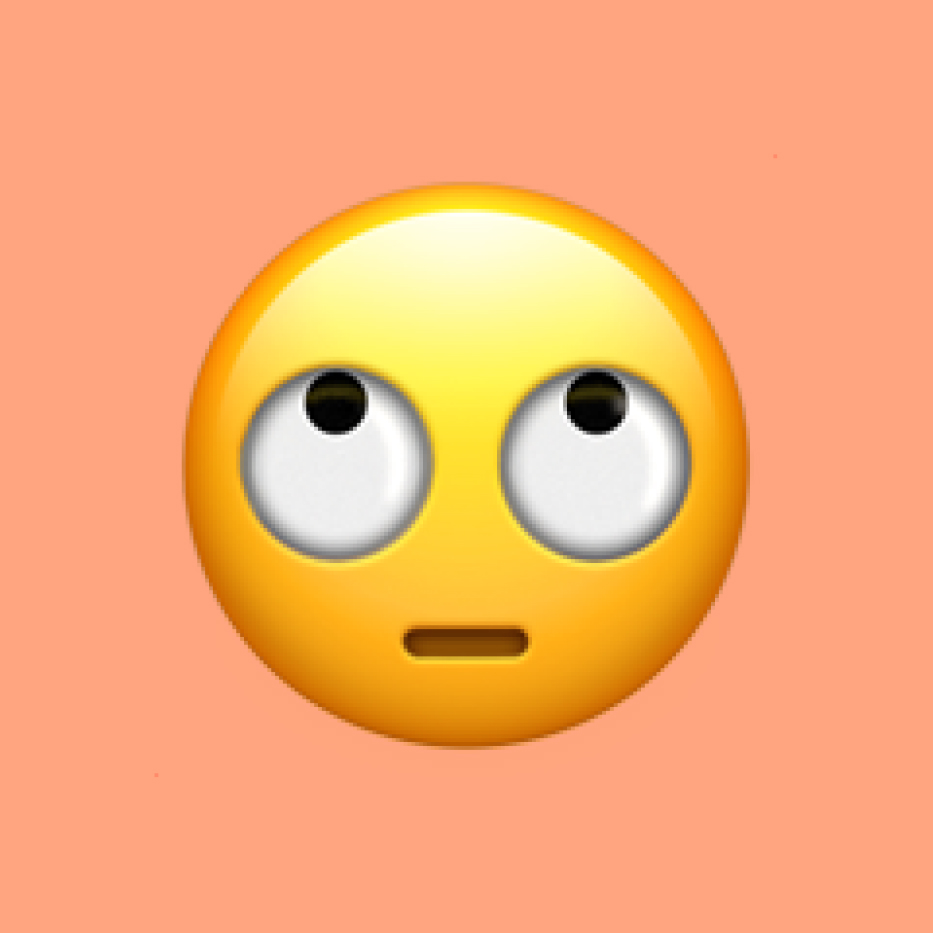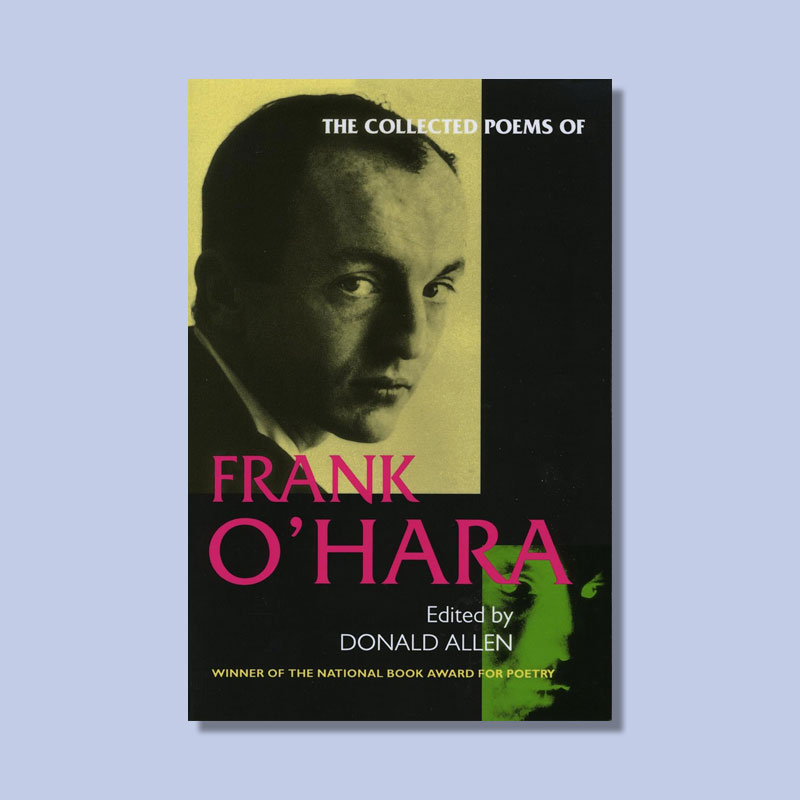Why do we say "make a beeline"? | | Animals and insects feature prominently in many idioms — if it's raining cats and dogs, maybe you're making a beeline to find shelter. Where did this idiom come from? | |  | Bennett Kleinman |
|
| |  | | W hen you think of bees, you probably imagine honey, buzzing, or possibly an animated Jerry Seinfeld in 2007's Bee Movie. Maybe you've also used the expression "make a beeline" when you were describing a speedy or direct route. This, however, is a curious idiom. The phrase is related to a description of the insect's flight path, but if you were to watch one buzz around flowers, it might seem like a circuitous journey. So where did this idiom, which means "to head directly toward something as quickly as possible," come from?
In June 1828, the American Quarterly Review published an article that contained an early use of the term "bee-line," referring to how a bee released from captivity appeared to set a direct course to return to its hive. This was true even if the bee appeared to move in a crooked pattern rather than a straight line, as it was still heading quickly back to its hive. Further scientific studies of the insects showed that bees also followed direct patterns in other situations, such as when they left and returned to the hive as part of their daily quest to harvest nectar.
Almost overnight, people began to use "bee-line" in an idiomatic sense. The term appeared in an October 1829 edition of the New-York Spectator: "I drew a bee line to the next tavern." The exact phrase "make a bee-line" appeared in print by 1835, as seen in an example in a book called Clinton Bradshaw: "Now there's the door — make a bee-line out, if you please, gentlemen." These examples show a rapid shift from "beeline" as a scientific descriptor to the idiomatic usage.
Today, you may say that you're making a beeline (the modern spelling is one word, no hyphen) if you're running to catch a bus, trying to get to the post office before it closes, or hurrying to grab a discounted TV at your local Walmart on Black Friday. |
| | Continue reading | |  |
| |
| | Thanks for supporting our sponsors! They help keep Word Smarts free for everyone. | |
Emoji Decoded | |  | | Face With Rolling Eyes | | | Meaning: Indicates exasperation, skepticism, or mild annoyance through a face with eyes rolling upward.
Evolution: When it was added in 2015, this emoji quickly became popular for expressing dismissiveness. According to Emojipedia, it's frequently paired with Face Palm 🤦 to amplify the sentiment of frustration.
Usage: [Text to friend:] my sister's bringing her new boyfriend to family dinner again 🙄 |
|
 | | Face With Rolling Eyes | | | Meaning: Indicates exasperation, skepticism, or mild annoyance through a face with eyes rolling upward.
Evolution: When it was added in 2015, this emoji quickly became popular for expressing dismissiveness. According to Emojipedia, it's frequently paired with Face Palm 🤦 to amplify the sentiment of frustration.
Usage: [Text to friend:] my sister's bringing her new boyfriend to family dinner again 🙄 |
|
| |
Have you read? | |  | | The Collected Poems of Frank O'Hara | | By Frank O'Hara | | As an English major with a concentration in creative writing, I read a lot of different poets in college. Few poems made as lasting an impression on me as "Steps" by Frank O'Hara. I loved — and still love — the vignette-style imagery and almost chaotic energy of O'Hara's voice, and the last few lines leveled me in the best way. I bought this book because of that one poem, and it has since become one of my most treasured collections. I revisit it frequently and always find a new favorite verse. | | | | Allie Takeda, Senior Managing Editor | | | | We independently evaluate all recommended products and services. If you click on links we provide, we may receive compensation. |
|
 | | The Collected Poems of Frank O'Hara | | By Frank O'Hara | | As an English major with a concentration in creative writing, I read a lot of different poets in college. Few poems made as lasting an impression on me as "Steps" by Frank O'Hara. I loved — and still love — the vignette-style imagery and almost chaotic energy of O'Hara's voice, and the last few lines leveled me in the best way. I bought this book because of that one poem, and it has since become one of my most treasured collections. I revisit it frequently and always find a new favorite verse. | | | | Allie Takeda, Senior Managing Editor | | | | We independently evaluate all recommended products and services. If you click on links we provide, we may receive compensation. |
|
| |
|

No comments:
Post a Comment